Anecdotes and Exciting Finds while Working with our Collections
Employees of our archive and our collections provide insight into their work and share stories and insights
-
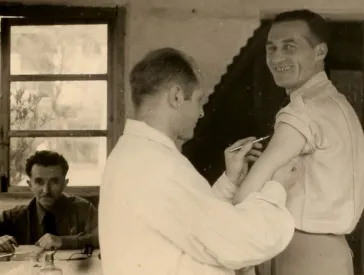
From Cowpox to Covid-19
The Archive staff members write about nearly 200 years of vaccine certificates in our archive
Online Feature
2021/22 -
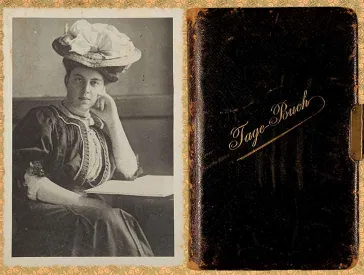
“No, I Want Dr. O.”
Leonie Meyer’s diaries from the years before her marriage (1910–12), presented by Jörg Waßmer
Online Feature
2021 -
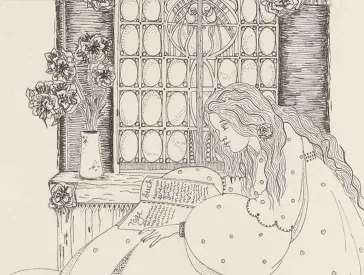
Anna meets Leonie
Drawings by Anna Justicz, inspired by Leonie Oliven’s diaries from 1901–1928
Art Project
2020 -
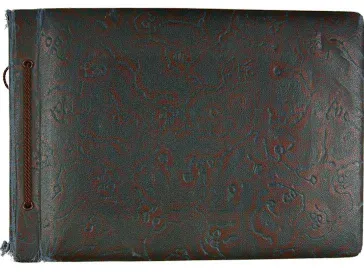
Documenting Brutality
Historical sources on the antisemitic violence in Germany between 1930 and 1938 in the holdings of the Jewish Museum Berlin
Online Project
2020 -
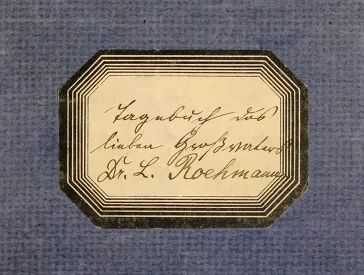
Berlin in Times of Cholera
Doreen Tesche and Jörg Waßmer discover some parallels to the current corona pandemic in Louis Röhmann’s diary entries about cholera in Berlin in 1837.
Report
2020 -
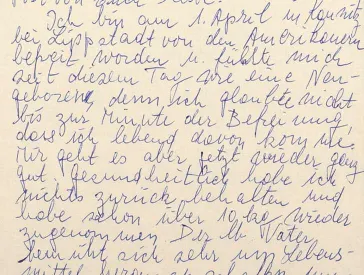
“Since that day, Iʼve felt like a newborn”
A striking document about the 1945 Day of Liberation
Online Feature
2020 -
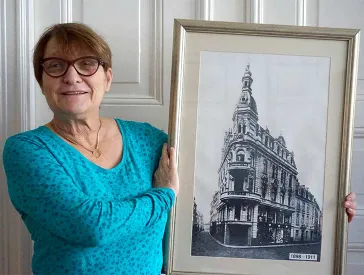
That can’t be! Can it?
Jörg Waßmer about coincidences in the archive
Online Feature
2020 -

Kurt: Hunting for Clues
Initially, all we have is a first name, but Jörg Waßmer’s intensive research brings some details to light.
Online Feature
2018 -
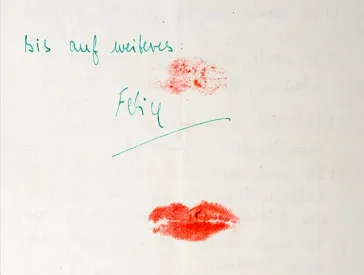
All for Love
Jörg Waßmer searches for sexual diversity in the collection of the Jewish Museum Berlin
Essay
2018 -
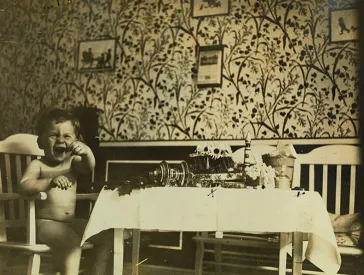
Born in 1918, two minutes from his parents’ perfumery on Kurfürstendamm
Fritz Scherk and the history of a family business in Berlin
Essay
2018 -
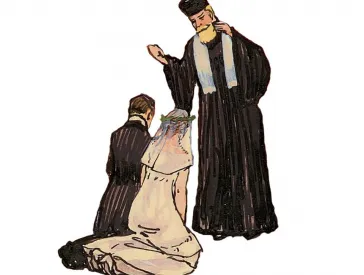
A Joyful Occasion for the Lustig Family
Paula and Bernhard Lustig’s Wedding Album, presented by Susanne Schuur
Online Feature
2017 -
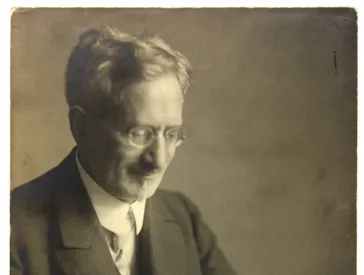
“And next Sunday, no one will be thinking of the election anymore”
By chance, archivist Jörg Waßmer found a report on the 1930 German Federal Election
Essay
2017 -
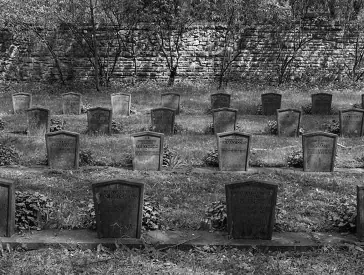
12 of 12,000
Fallen German-Jewish Soldiers in the First World War
Online Project
2016 -
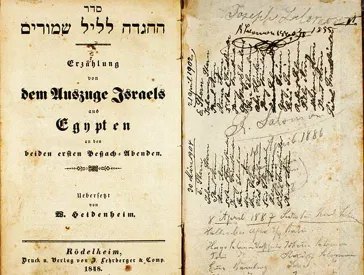
A Small Window onto History
Aubrey Pomerance, Head of Archives, on a newly acquired Passover Haggadah and its previous owners in Kreuzberg
Essay
2014/16 -
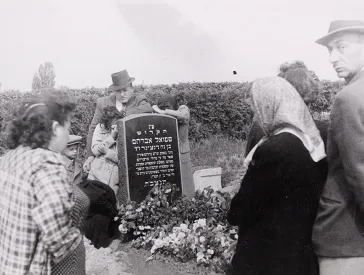
Shot by German Police in 1946
Aubrey Pomerance, Head of Archives, on the tragic fate of Shmuel Dancyger Z. L.
Essay
2016 -
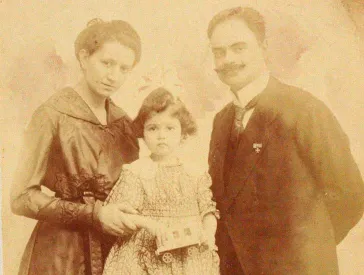
“The best solution would be that the baby is a girl”
Jörg Waßmer prepared the inventory of Fritz Wachsner’s estate and got some insights into an internal Jewish debate about circumcision.
Essay
2015 -
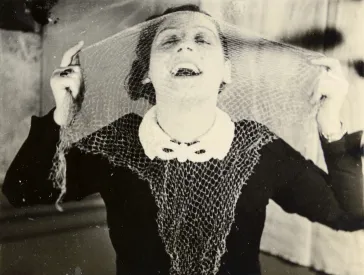
Salvaged from the Trash
Anna Rosemann on the photo albums of the artist Olga Irén Fröhlich
Essay
2015 -
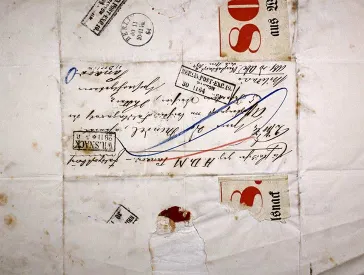
Conservation of Letters and Seals
Stephan Lohrengel reports about his work as paper conservator in the Jewish Museum Berlin.
Report
2015 -
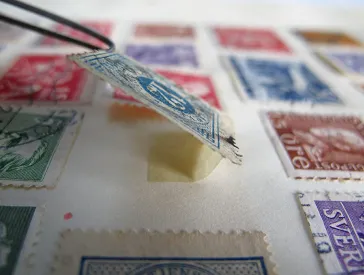
The World in Miniature
Kirsten Meyer on conserving and storing a stamp album
Report
2014 -
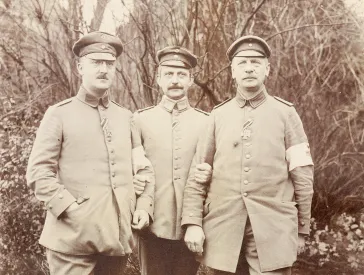
From idyllic landscape views to the trenches
Seeing the First World War through an army doctor’s photographs
Essay
2014 -
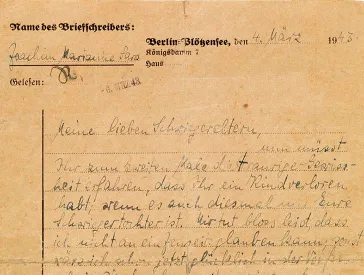
Farewell Letter, Ink on Paper
Exhibition curator Maren Krüger and paper conservator Stephan Lohrengel about a touching historical document and why we could only exhibit it so shortly
Essay
2013 -

Ludwig Guttmann, Father of the Special Olympics
Archivist Manfred Wichmann on the Life and Work of Ludwig Guttmann
Essay
2012

